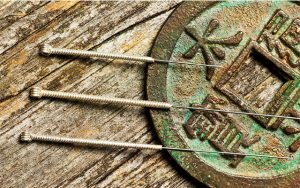Do you delay or avoid visiting the dentist? Do you get nervous at the thought of undergoing simple dental procedures? If so, you could be suffering from dental anxiety.
Dental anxiety is a fundamental obstacle that stands in the way of achieving and maintaining optimal oral health. Dental phobics are known to avoid or postpone dental appointments, even when they are experiencing pain.
While the majority of them are apprehensive about the perceived pain associated with a dental check-up and processes, some avoid the dentist because they are ashamed of the condition of their teeth. Whatever the reason, it does not change the fact that postponing a dental appointment or oral examination can have serious consequences.
In light of modern dentistry, introducing a host of minimally invasive techniques, dental anxiety based on the fear of painful procedures is generally unfounded. Dwelling on the perceived pain, however, will often only serve to magnify the anxiety.
Regular visits to the dentist remain one of the best shields against dental ailments like decay and gum disease. Maintaining regular dental check-ups helps to ensure that your dental health is maintained and is checked for any warning signs that may require immediate attention. If a dental problem is detected at an early stage, the dentist can usually fix them using a variety of pain-free techniques.
By avoiding the dentist, you risk aggravating the problem until it becomes too painful to ignore, which may eventually require more complex and involved treatments – perhaps even surgery. A routine dental check-up once every six months can significantly reduce the likelihood of painful dental problems or the need for complex procedures that would deal with them.
It is important for you to speak openly with the dentist about your dental fears and even negative dental experiences. It is important to remember that a dentist may be a professional working in a serious environment, but behind their dental mask, he or she is also a human being who will try to empathise with your fears and apprehensions.
 One of the services we offer is acupuncture which can be useful for treating fear and anxiety. Acupuncture also works very well for treating TMJ (jaw joint), a condition that can often be associated with stress.
One of the services we offer is acupuncture which can be useful for treating fear and anxiety. Acupuncture also works very well for treating TMJ (jaw joint), a condition that can often be associated with stress.
TMJ can cause extensive facial pain. Acupuncture can help relieve the tension, inflammation and misalignment in the jaw joint, helping the energy to flow more freely through the jaw while relieving pain. You may choose to use acupuncture in conjunction with traditional treatments for TMJ or as a stand-alone therapy.
Call Integrated Dental Canberra today to book an appointment by calling us on (02) 6249 8551.